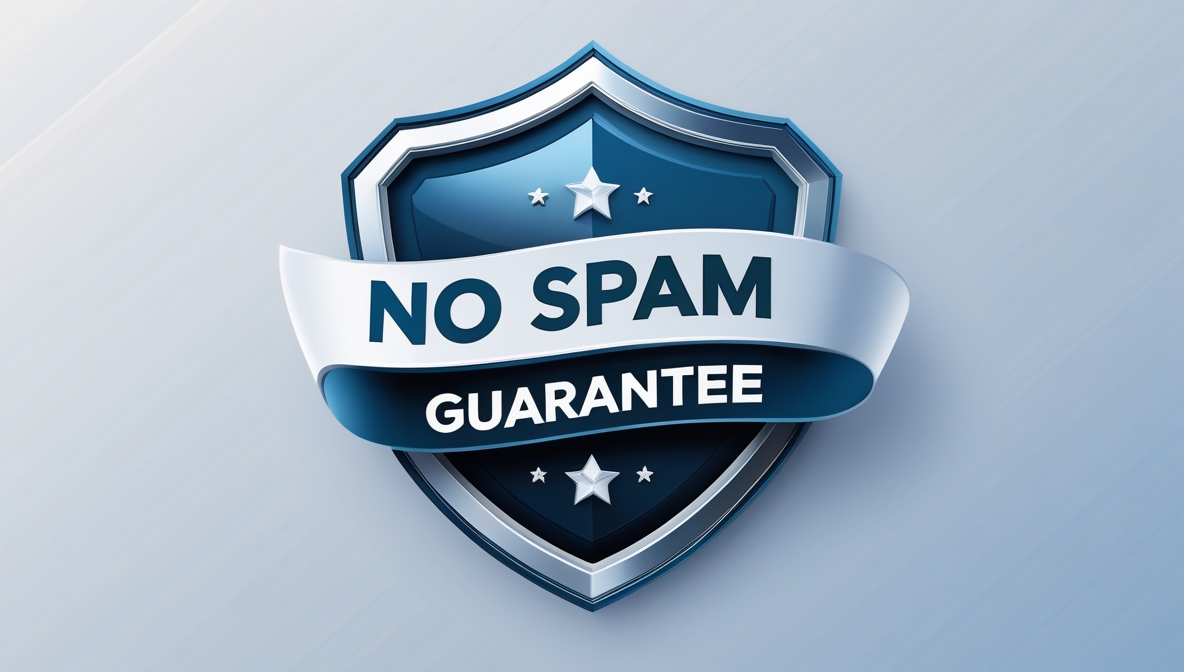This study uses a modified Delphi method as the basis for a quantitative decision making framework to calculate the Total Cost of Ownership (TCO) of complex systems.
In the ever-evolving landscape of information technology, professionals are constantly seeking advanced methods and frameworks to evaluate the economic feasibility and implications of adopting new systems or technologies. In light of this, the document titled “A Framework for Total Cost of Ownership (TCO)” emerges as a significant resource, offering a refined approach to calculating the Total Cost of Ownership of intricate systems utilizing a modified Delphi method—a renowned technique for systematic forecasting and decision-making. The framework discussed in this document serves as a pivotal tool for IT professionals aiming to delve deep into the financial and operational ramifications of complex systems.
For IT professionals and decision-makers, determining the Total Cost of Ownership (TCO) of advanced and complex systems is a persistent challenge, given the multitude of variables and uncertainties involved. Accurate TCO calculations are crucial to comprehend the full spectrum of costs associated with the acquisition, operation, and maintenance of these systems, but the absence of a standardized and reliable framework often results in miscalculations, leading to suboptimal decisions and unexpected financial burdens.
The intricacies involved in calculating the TCO of complex systems can significantly impede the ability of organizations to make informed and prudent decisions. Inaccurate or incomplete TCO analyses can lead to unforeseen costs, resource misallocations, and can ultimately jeopardize the overall operational efficiency and financial stability of an organization. Without a robust and reliable framework, organizations are at risk of underestimating the true costs and implications of implementing and maintaining new systems, leading to a cascade of complications, including budgetary constraints, operational disruptions, and strategic misalignments.
The document introduces a revolutionary framework based on a modified Delphi method, known for its precision in systematic forecasting and decision-making, to address the aforementioned challenges. This framework presents a structured and quantitative approach to calculate the Total Cost of Ownership of complex systems, enabling IT professionals to make more accurate and informed decisions. By implementing this framework, IT professionals can gain a clearer understanding of the economic implications and potential risks associated with the acquisition and operation of complex systems, ensuring better alignment with organizational goals and optimal allocation of resources.
This comprehensive framework serves as a beacon for those navigating the intricate waters of TCO calculations, providing clarity, reducing uncertainties, and paving the way for economically sound and strategically aligned decisions in the realm of complex systems implementation and management.
This document is a definitive guide for IT professionals striving to achieve accuracy and clarity in the TCO calculations of complex systems. It provides a meticulous framework based on the modified Delphi method, allowing for precise forecasting and enhanced decision-making. By adopting this innovative framework, professionals can mitigate the risks of unforeseen costs and strategic misalignments, ensuring the successful integration and management of complex systems in alignment with organizational objectives and financial prudence.
CIOs can utilize this document as a strategic resource to address a plethora of real-world challenges predominantly associated with economic evaluation, strategic alignment, and optimized resource allocation in the domain of complex systems integration. Here’s how:
1. Accurate Economic Evaluation: CIOs often face the intricate task of accurately assessing the economic implications of acquiring and implementing complex systems. The framework provided in this document enables CIOs to conduct precise and reliable TCO calculations, allowing for comprehensive economic evaluations and aiding in mitigating financial risks associated with unforeseen costs.
2. Strategic Alignment: Aligning the adoption and implementation of complex systems with overall organizational strategies and goals is crucial yet challenging. This document aids CIOs in making informed decisions that are in sync with organizational objectives, ensuring that the integration of new systems supports the strategic direction of the organization.
3. Resource Optimization: The effective allocation and utilization of resources are pivotal in managing the costs and operational efficiency associated with complex systems. By adopting the proposed framework, CIOs can optimize resource allocation, avoiding misallocations and ensuring that resources are used efficiently and where they add the most value.
4. Informed Decision-Making: Making well-informed decisions is crucial when dealing with the acquisition and integration of complex systems, given their long-term implications. The structured and quantitative approach outlined in this document facilitates enhanced decision-making, allowing CIOs to weigh the pros and cons and make choices that are economically sound and strategically coherent.
5. Risk Mitigation: Implementing new systems inherently involves numerous risks, including operational disruptions and financial uncertainties. This framework aids CIOs in identifying and assessing potential risks early on, enabling the development and implementation of effective risk mitigation strategies.
6. Budget Management: Managing budgets effectively is crucial, especially when dealing with significant investments in complex systems. By employing the modified Delphi method for TCO calculations presented in this document, CIOs can have a clearer picture of the financial requirements and manage budgets more effectively, avoiding cost overruns.
7. Foresight and Future Planning: Planning for the future and anticipating the evolving needs of the organization are crucial for sustained success. The systematic forecasting ability provided by the framework in this document equips CIOs with the foresight needed to plan for the future, ensuring the organization is well-prepared for upcoming challenges and opportunities.
This document is instrumental for CIOs, offering a refined framework to navigate through the complexities of economic evaluations and strategic decisions related to complex systems. By adopting the methodology outlined in this document, CIOs can achieve accurate economic assessments, strategic coherence, optimal resource allocation, and enhanced decision-making, addressing real-world problems and contributing to the organization’s long-term success and sustainability.
